KISA Strives to Ensure Sound Cyberspace
Spearheads Internet ethics drives to make the Internet a healthier place

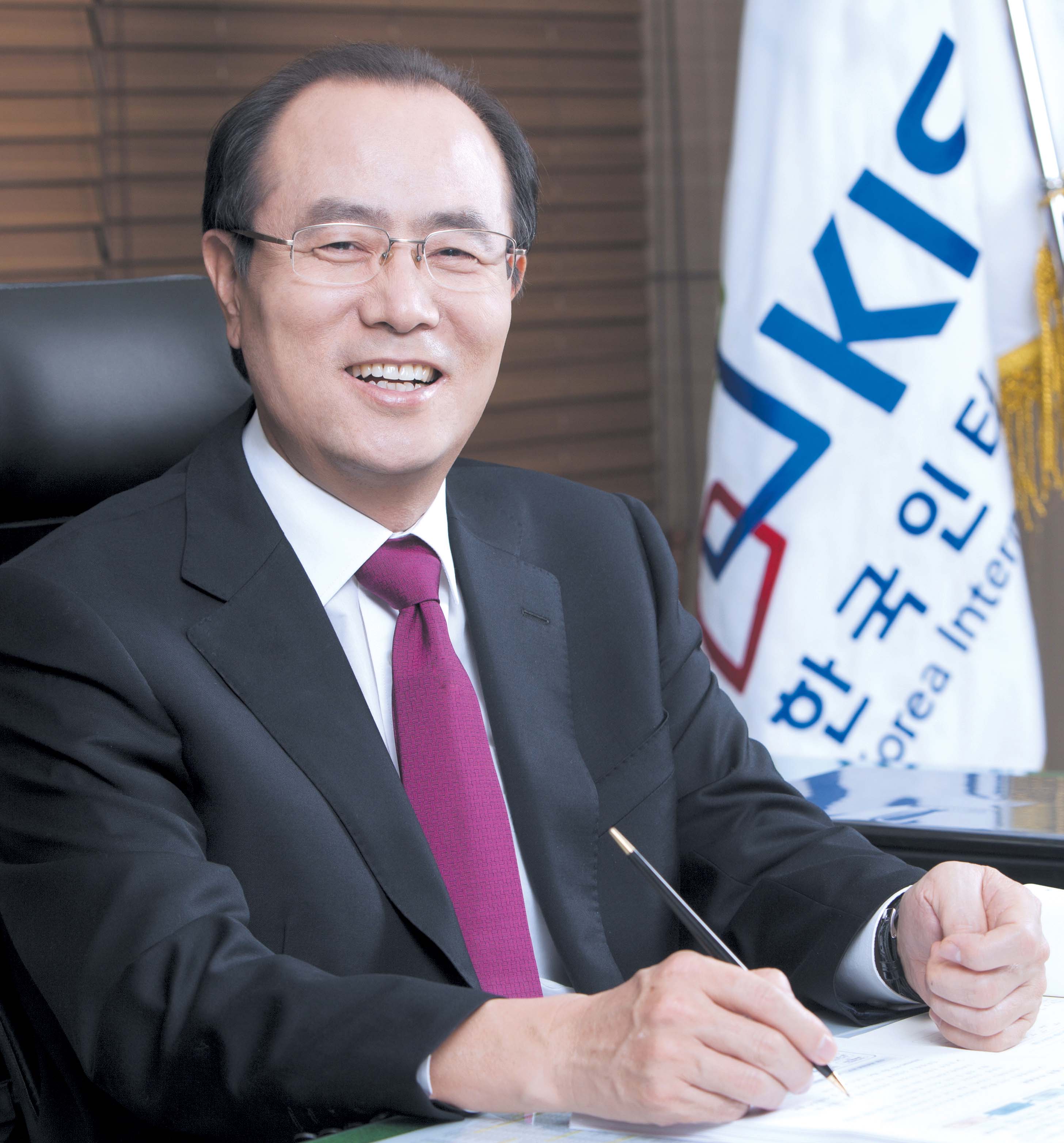
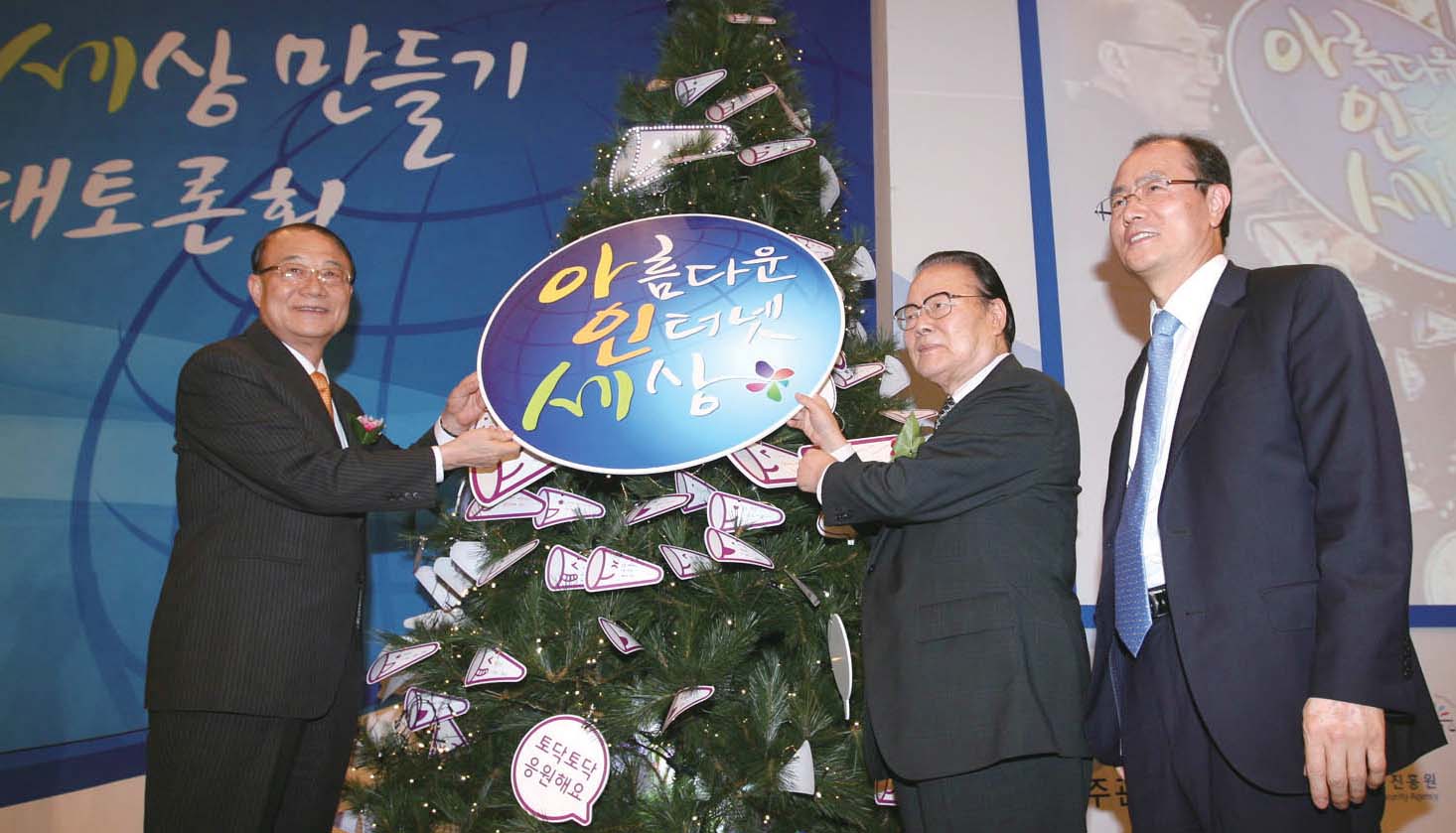
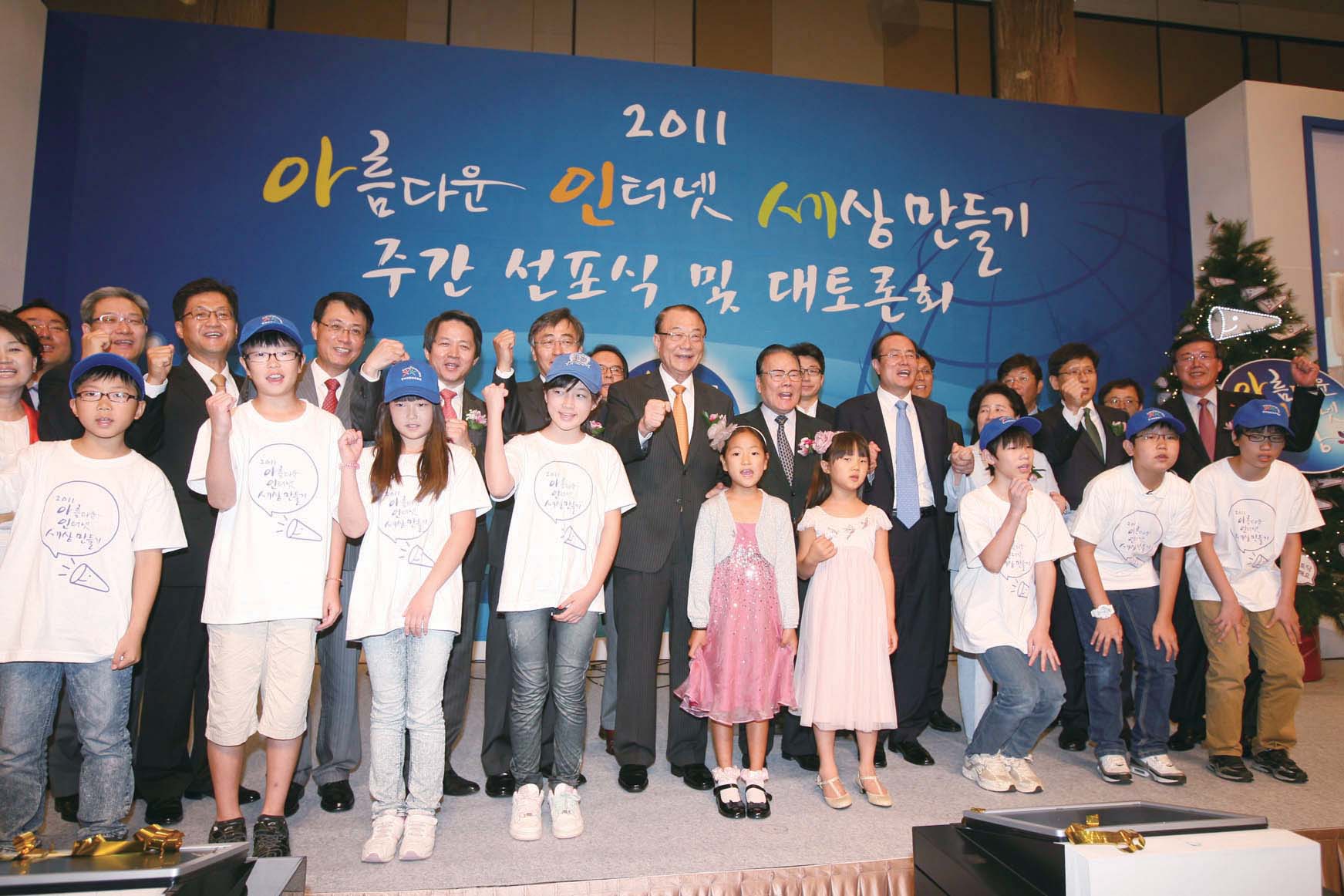
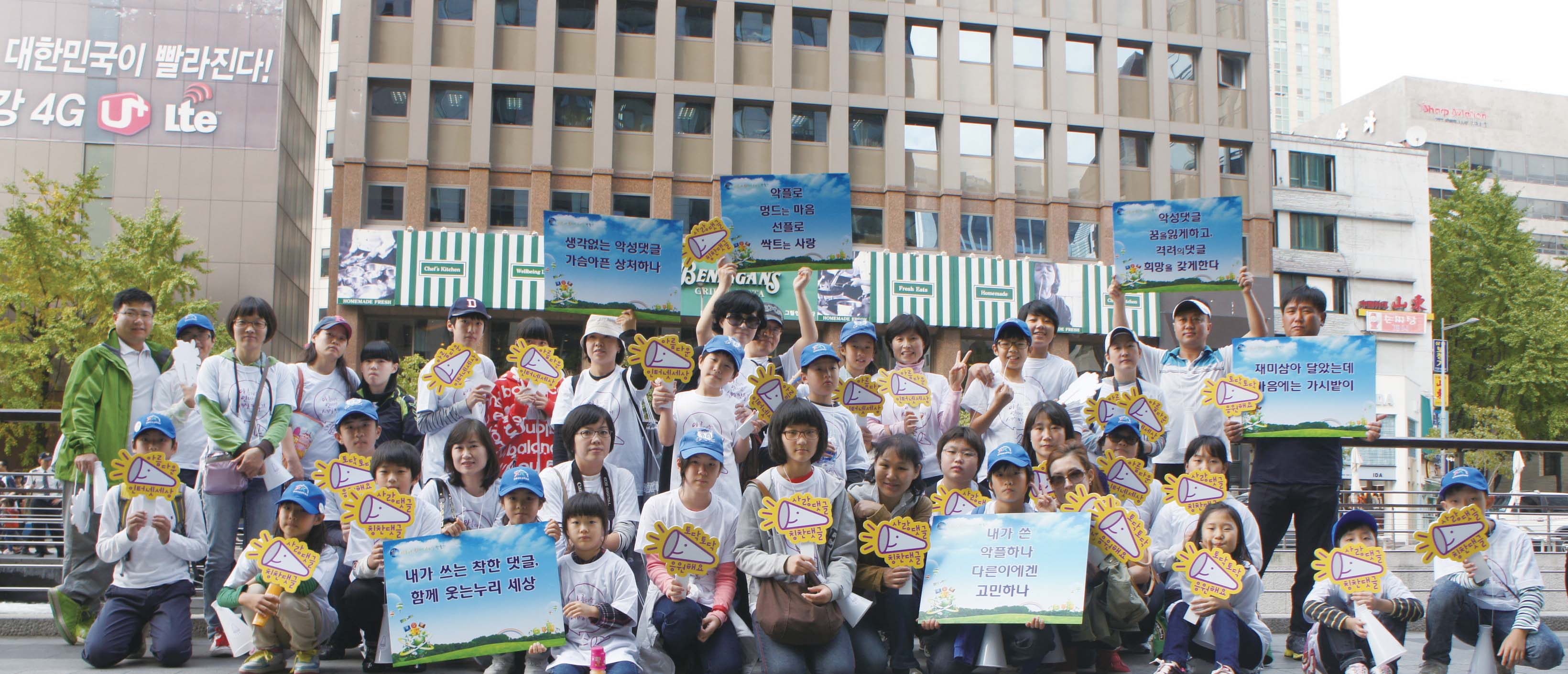
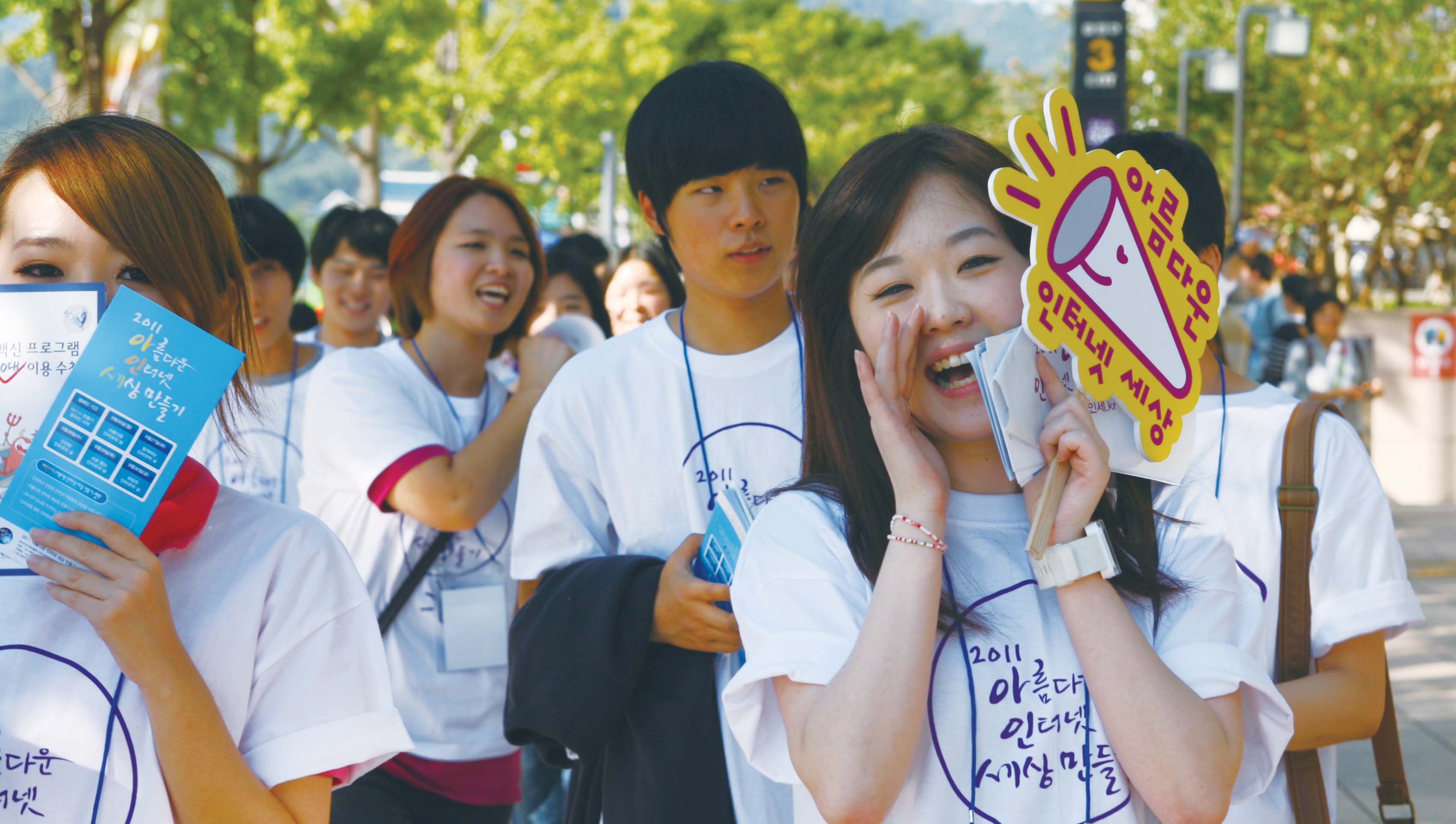
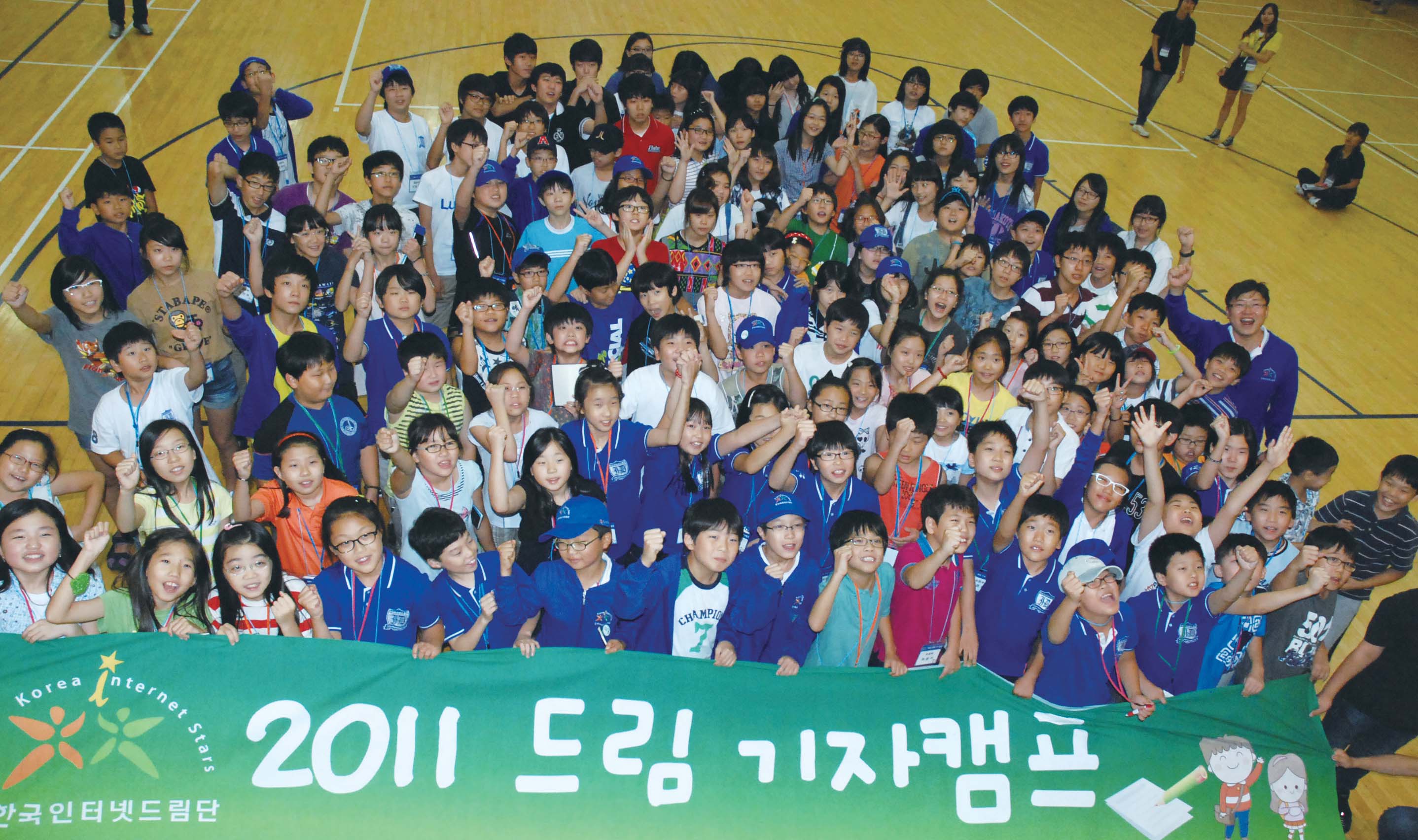
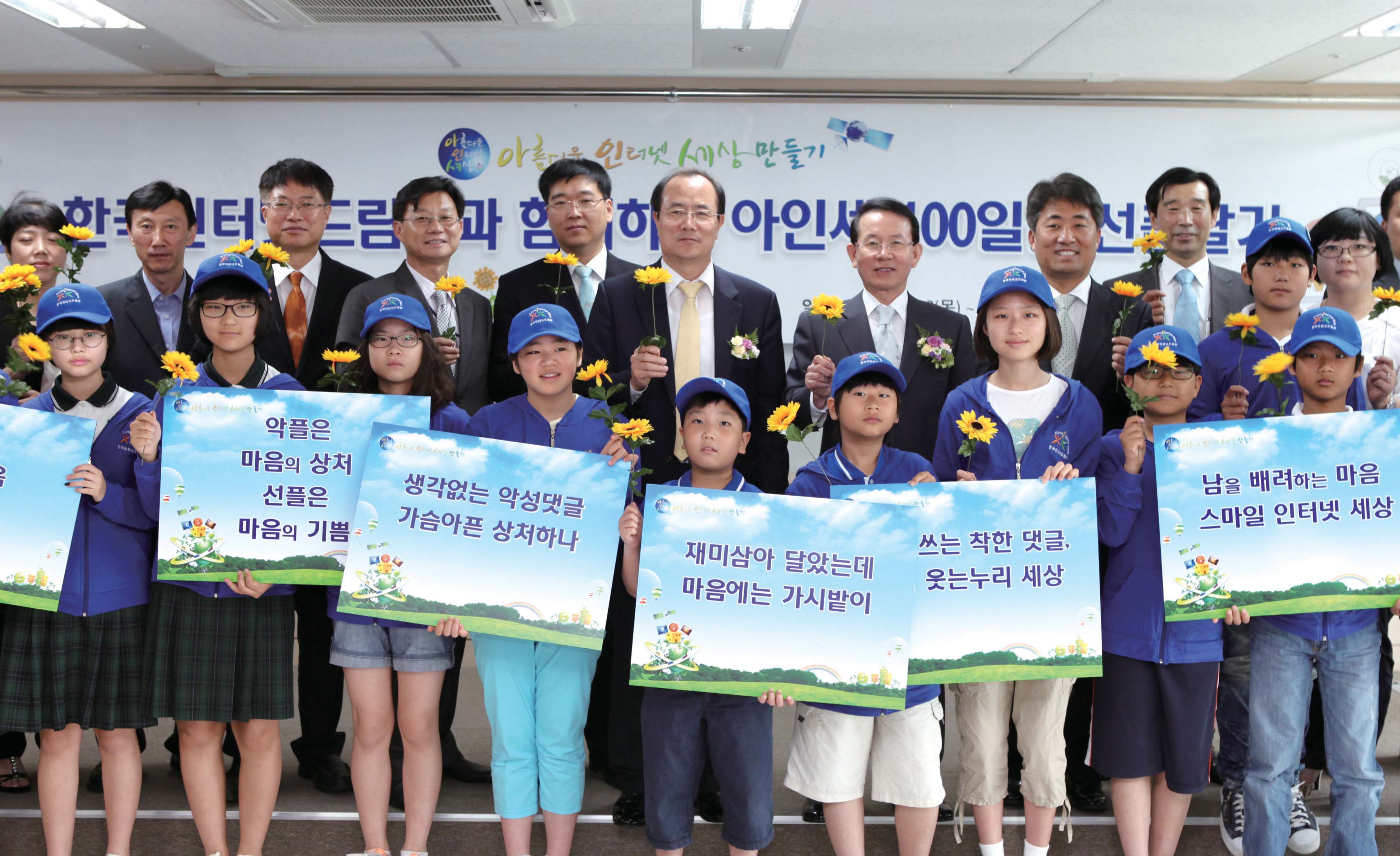
Korea has one of the world's most advanced IT infrastructures and highest Internet permeation rates. The Internet has created a wide range of new services and enhanced the life equality of people due to the widespread use of smartphone, vitalizing of wireless Internet, and Social Network Services (SNS) such as Facebook and Twitter.
However, the downside of the Internet, associated with creativity, freedom, and diversity, is that abusive comments, false accusations, slander and defamation are committed in cyberspace in thick layers of anonymity and secrecy and now it is causing social headaches lately.
One out of every three primary students(age from 7 to 12) in Korea said he or she would make malicious comments in cyberspace simply to relieve stress, and one-fourth of the respondents replied that such abusive behaviors are not perceived as causing trouble, according to a survey conducted by the educational company Nobel&Gaemi in October 2009.
More surprisingly, one out of two Korean youth, or 47.7 percent of the respondents, said they wielded language violence on others in cyberspace, according to the national TV (KBS2) program called Chase 60 Minutes aired this past August.
As to the motivations for making such abusive comments, 26 percent of the respondents cited others they do not have a good feeling toward, 12.9 percent said they did it for beating stress; 11.5 percent said due to their hurt feelings over opposition to their own opinions; 10.3 percent said for just a sort of fun; and 6.9 percent cited responses to challenges against their groups, according to the outcomes of a survey of 576 people aged between 11 and 15 across the nation, carried in the 2009 Winter Autumn Issue of the Korean Institute of Criminology(KIC).
A report on on-campus violence, released by the Foundation for Preventing Youth Violence (FPYV), (also dubbed in Korean Cheong Ye Dan), a foundation devoted to preventing on-campus violence, in 2009 indicated that 41.7 percent of the respondents said they did not think that language abuse was violence. Some 8.8 percent of the on-campus violence victims said they experienced language violence in cyberspace. It represents an increase from 5.6 percent in a similar survey in 2008. The report was based on a survey of a total of 4,073 students ranging from fifth graders to senior high school sophomores, conducted across the nation between Nov. 1, and Dec. 31. 2009
The 2010 on-campus violence report by FPYV, indicated a change in the perception of on-campus violence among students. A survey of 3,560 students carried out from Nov. 1 until Dec. 31 2010 and it showed that 65.1 percent of the respondents replied that they made abusive and malicious comments in cyberspace. However, the problem is that none perceived those on-campus acts of violence as serious. The reported on-campus acts of violence consisted of visible acts of violence with 56.5 percent, invisible ones with 41.9 percent. The invisible acts of violence included harassing at 21.7 percent, bullying at 21.2 percent, language violence at 8 percent, threats at 3.3 percent, and abusive words in cyberspace at 1.7 percent. The visible acts of violence included physical assaults at 25.8 percent, theft at 12.9 percent and sexual harassment and attack at 3.2 percent.
Another side effect of the Internet is the resurgence of a new type of cyberspace violence related to the wider use of SNS such as defamation, privacy infringements, and malicious cyberspace comments.
Smartphones and SNS, which have spread information much more swiftly compared to conventional means, brings about serious damages such as revelations of personal information and privacy infringements.
Figures released by the National Police Agency(NPA) showed that 989 personal information infringement and 1,039 cyberspace defamation cases were reported during the two-month period from April through May 2010, representing a 50 percent and 62 percent jump over the same period of 2009, respectively.
Recently, cyberbullying acts such as group blockading of peers' messengers, opening Internet anti-cafes, refusing to friend others online and making malicious comments among youths have emerged as social issues not only in Korea but also globally.
Cyberbullying refers to committing hostile group activities with the intention to inflict damage to others such as sending malicious comments, accusations, slander and threats via e-mails, mobile phones, text messages and websites.
In Korea, roughly 1,400 anti-cafes among elementary school pupils have been put on portal sites.
In foreign countries, there are widespread cases of complaining about experiencing Cyberbullying of late.
In the United States, an American Cyberbullying research institute reported in April 2011 that 25 percent of youths suffered Cyberbullying. As to their motivation, Cyberbullying youths cited revenge, reaping what you sow, and only for fun, according to a paper by Hinduja, S., & Patchin, J. W. in 2009, titled, Bullying beyond the school yard: Preventing and responding to Cyberbullying .
In Japan, 12.6 percent of the respondent said they were the victims of Internet Cyberbullying via mobile phones, according to a report by the vernacular Hankook Ilbo in July 2011
In the United Kingdom, 18.4 percent of youths turned out to have suffered Cyberbullying, according to a report released by Anglia Ruskin University in August 2011.
Recognizing the seriousness of Cyberbullying, foreign countries are seeking to amend related acts. The United States is striving to revise related acts against Cyberbullying that would require on-campus cases of Cyberbullying to be reported to education authorities, the Nashua Telegraph reported on July 24, 2011. The Independent reported on July 29, 2011 that Google Executive Chairman Eric Schmidt proposed a real-name Internet system to prevent Cyberbullying.
Korea Internet Security Agency (KISA) President Simon Suh (Jongryeol Suh) has devoted himself to making the Internet a sound cyberspace since he took the helm at KISA in November 2010.
On his one-year anniversary celebration meeting, Suh said Internet ethics campaigns, which have ended up as transient ones in the past, have been in place as a cultural drive effective and actual enough to permeate the general public's minds. He added, In particular, carrying out diverse hands-on educational activities designed to help youths get imbued with sound Internet ethics have been receiving a good showing
KISA'S SOUND CYBERSPACE ETHICS DRIVE
In an effort to control the proliferation of malicious comments, information leaks, and breaches of privacy by fostering a positive Internet environment, KISA has activated pan-national Internet ethics drives: Koreas Internet Stars; the Youth Internet Ethics Experience Pavilion; the development of Internet ethics movement logo, character and jingle song; the National Alliance for Creating a Beautiful Internet World; the Declaration and celebration of the Creating a Beautiful Internet World Week; and the Internet Ethics Grand Prix.
KISA has also conducted Internet ethics education programs: Internet ethics classes; Internet Ethics Golden Bell Quiz circuit lectures; strengthening creativity activities on Internet literacy; Internet ethics education program for teachers; Internet ethics self-diagnosis program; infant Internet ethics literacy education program; Internet ethics education content via IPTV; and placing advertisements promoting Internet ethics in cooperation with Korea Broadcast Advertising Corp. (KOBACO).
Korea Internet Stars
Korea Internet Stars (K.I.S.) is a youth organization devoted to spearheading a creative and sound Internet ethics culture through Internet literacy education and diverse social participation activities targeting primary and middle school students. KISA has expanded the members of the K.I.S. from 831 in 2010 to 2,853 in 2011.
In the first 11 months of the year, roughly 3,200 students participated in 14 online and off-line hands-on Internet ethics activities themed The Internet and Dream, designed to find, publicize, nourish, keep and share dreams -- nine on-line and five off-line events.
K.I.S.'s Meet My Mentor Program, part of the body's efforts to help youth nourish dreams, allowed the posting of the resumes of career representatives and exchanging of views between member students and the guests so that they can achieve self-development and undergo leadership training. The guests included Lt. Lee Joo-yeon, a pilot; President Yang Soo-yeol, a programmer; Han Hyo-dong, a farm breeder; and President Lee Keun-chul, an English language teacher. K.I.S. has developed its own specialized programs to cultivate youth into Internet ethics culture leaders.
Youth Internet Ethics Experience Pavilion
KISA has operated six mobile youth Internet ethics experience pavilions in Seoul, Daejeon, Busan, Gwangju and Chuncheon, designed to offer hands-on Internet ethics educations to youths, dedicated to helping them become imbued with the right Internet ethics values. The operation of mobile education pavilions, which opened in the Seoul metropolitan area, have has expanded to cover other parts of the country. They attracted a total of 235,000 spectators, including adults, during the first eight months of 2011: 170,764 visitors to the Gwacheon National Science Museum between Aug. 2 and Aug. 31; 18,000 spectators to the Daejeon Expo Park between Sept. 21 and Sept. 25; 30,000 people to the Busan IT Expo between Sept. 29 and Oct. 1; 6,000 visitors to COEX in Seoul on Oct. 29; and 10,000 spectators to Kim Dae-jung Convention Center in Gwangju between Nov. 17 and Nov. 18; and an undisclosed number of visitors to the Animation Museum in Chuncheon between Nov. 29 and Dec. 8.
Internet ethics movement logo, character and jingling song
A box-office advertisement using the business identity of Internet ethics: its logo, character and jingling song were put on the air in December. These contents familiar to the general public are designed to help people reach a national consensus on creating a sound Internet environment. The logo symbolizes blowing a trumpet with hands meant to represent the sending of words of love and praise as well as to proliferate communications and the spread of information via the Internet. The character symbolizes a whale serving as an Internet protector, eating up malicious comments and emitting out virtuous and praising comments while the jingle is a funny and exciting melody to which people can sing along.
National Alliance for Creating a Beautiful Internet World
The alliance, also called AINSE in its Korean acronym, is a consultative organization with a membership of 65 government organizations, Internet firms, civic organizations, as well groups, established in August 2010 with the goal of establishing a solid consensus on creating a beautiful Internet world on a voluntary basis.
AINSE member companies have signed an MOU with their respective sister companies to participate in an Internet ethics campaign to put Sunfull (virtuous and praising comments) during the period between June 16 and Sept. 23. KISA and Internet Dream & Hope Space conducted a Hope Day event on July 21 while KISA and SK Communications held a joint event to donate TV sets on Oct. 26. Korea Blog Business Association presented the 2011 Korea Blog Awards under the patronage of KISA.
KISA held a ceremony to declare and celebrate the Creating a Beautiful Internet World Week in September with the goal of spreading a sound and healthy Internet culture and encouraging the general public's participation. Among the 37 anniversary events that attracted a combined 40,000 spectators were a forum organized by Ainse AINSE and an on-line campaign to pledge Internet ethics that took place on Sept. 26; the Golden Bell Ethics Class and a street campaign organized by AINSE on Sept. 27; the inauguration of the Korea Internet Ethics Society and a commemorative seminar on Sept. 30; and the Internet Ethics Experience Expo in Busan on Sept. 30.
Internet Ethics Grand Prix
A ceremony to present the Internet Ethics Grand Prix will be held at the Korea Press Center in Seoul on Dec. 23. Twenty-six award-winning teams, including the coveted Prime Minister's Award winner, on User Created Contents (UCC) such as 6mm short movies, animation and other video media, catchphrases and posters on the importance of creating a beautiful Internet world and topics on sound Internet culture and the spread of Internet ethics will be announced. nw
Korea Communications Commission (KCC) Chairman Choi See-joong waves a flag at a ceremony to celebrate the inauguration of the 2nd Korea Internet Dream Team for Creating a Beautiful Internet World as Korea Internet Security Agency (KISA) President Simon Suh (Jongryeol Suh) looks on.
Photos on courtesy of KISA
(KISA) President Simon Suh (Jongryeol Suh)
( top) KCC Chairman Choi and KISA President Suh and others attend a ceremony to declare and celebrate the Creating of a Beautiful Internet World Week. The participants gesture during the campaign.
(from top) Youths join a campaign to create a clean cyberspace world.
Young people attend a street campaign for Creating a Beautiful Internet World Week.
(from top) Students and dignitaries attend a drive to make sunfull (praise and other good comments) to cyberspace for 100 days under the sponsorship of AINSE. A scene of 2011 Dream Reporters' Camp.
(right) Hong Ju-min, secretary general of the 2010-2012 Visit Korea Year Committee. A scene of the Jeju Olle Waling Festival.
3Fl, 292-47, Shindang 6-dong, Chung-gu, Seoul, Korea 100-456
Tel : 82-2-2235-6114 / Fax : 82-2-2235-0799